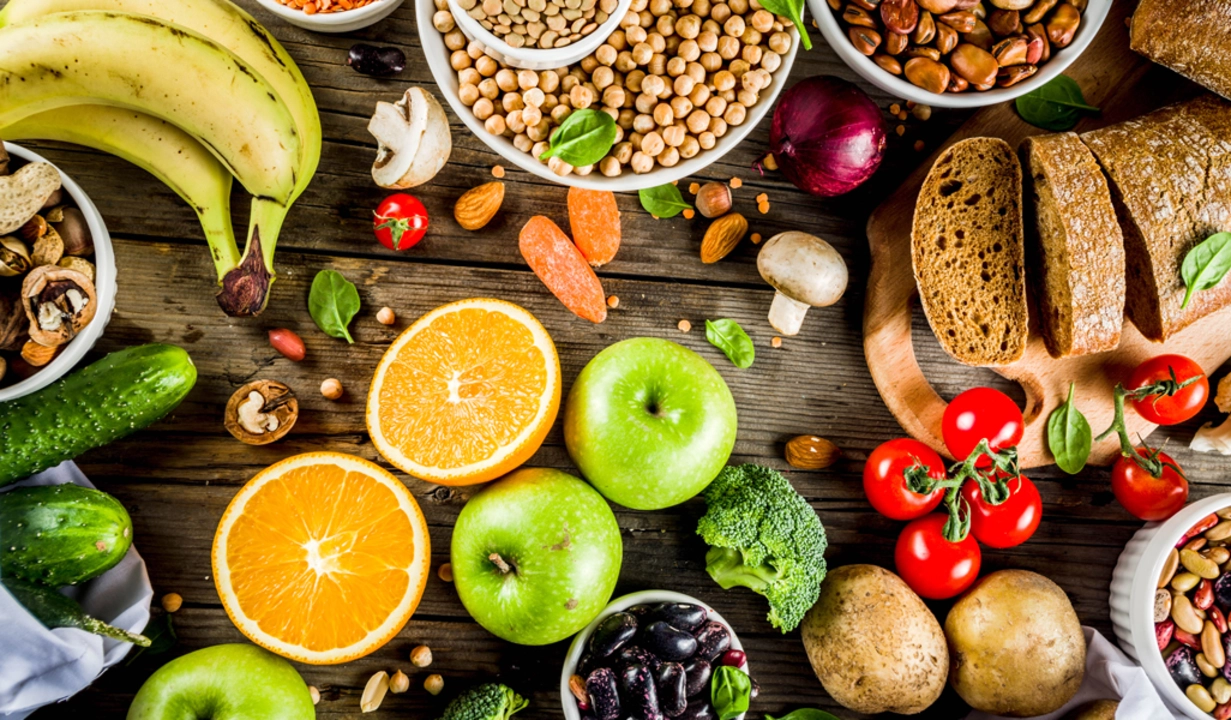Foods: What to Eat and Avoid When You Take Meds
Food changes how some medicines work. That can mean a drug gets weaker, stronger, or makes you feel worse. Here are simple, usable tips so your food helps — not harms — your treatment.
Key food–drug interactions to watch
Warfarin (Coumadin) and leafy greens: vitamin K in spinach, kale, and broccoli lowers warfarin’s effect. You don’t have to stop eating greens, but keep your intake steady and tell your clinic if you change habits. Read more: Coumadin: What You Must Know About Warfarin.
Grapefruit and grapefruit juice: grapefruit blocks enzymes that break down many drugs. That can raise blood levels of certain meds and increase side effects. If a label warns against grapefruit, avoid it entirely while on that drug.
Dairy, calcium, iron and some antibiotics: tetracyclines and fluoroquinolones bind to calcium and iron in milk, yogurt, and supplements. Take these antibiotics at least 2 hours before or 4–6 hours after dairy or calcium/iron pills to keep them effective.
High-salt foods and blood pressure meds/diuretics: salty meals can blunt the effect of drugs for blood pressure and fluid control. If you’re on diuretics or heart meds, aim to cut back on processed, salty foods.
Practical tips you can use today
Always read the patient leaflet. It lists common food and drink warnings. When in doubt, take meds with plain water unless your prescriber tells you otherwise.
Keep meal patterns steady. For drugs affected by vitamin K or caffeine, sudden changes in diet can change how the drug works. Stick to a routine and tell your prescriber if you plan a big diet change.
Space supplements from meds. Calcium, iron, magnesium, and some herbal supplements can stop meds from absorbing. Give at least a couple of hours between pills, or ask your pharmacist for exact timing.
If you’re an athlete with digestive issues, small changes help: add fiber slowly, drink more water, and time heavy meals away from workouts. For constipation tips and sport-specific advice, see our article on Constipation in Athletes.
Know high-risk combos. Alcohol boosts sedation with many drugs and can harm the liver when mixed with certain meds. Always ask about alcohol limits when you start any new prescription.
When to call your doctor: if you start a new diet (keto, vegan), add daily supplements, or notice stronger side effects after eating certain foods. Also call if you miss doses because of meal timing confusion.
Want more specific examples? Check our guides on antibiotics, blood thinners, and supplements on Secure-Tab's site. Use food to support your treatment, not fight it — and when unsure, ask your pharmacist or doctor. They can give timing and serving-size tips that match your meds and health goals.
Apixaban and Diet: Foods to Eat and Avoid While on This Medication
In today's blog post, I want to discuss an important topic for those taking the medication Apixaban. It's crucial to be mindful of our diet while on this blood thinner, as certain foods can either enhance or decrease its effect. To ensure its effectiveness, it's advisable to consume a balanced diet rich in fruits, vegetables, and whole grains. On the other hand, we should limit our intake of foods high in vitamin K, such as leafy greens, as they can interfere with Apixaban's function. Additionally, it's essential to avoid alcohol and grapefruit juice since they can also affect the medication's efficacy.
read more